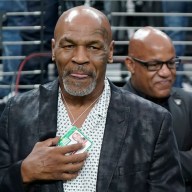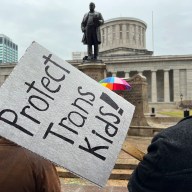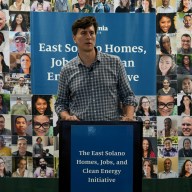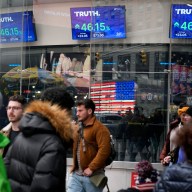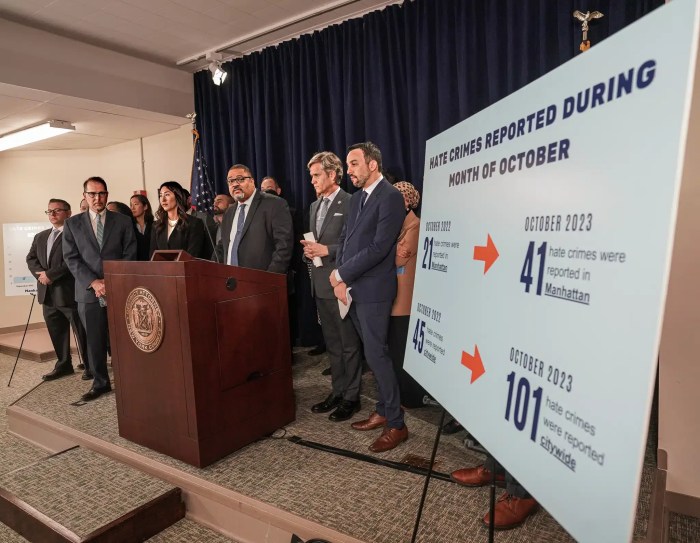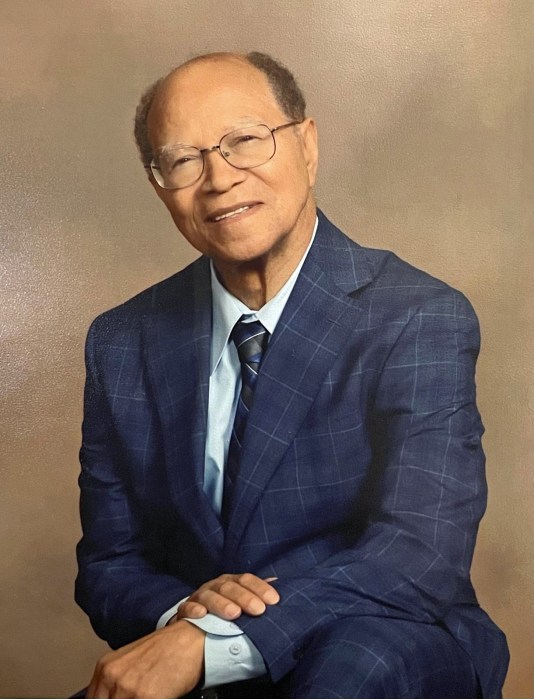By Ian Chua and Yuzuha Oka
SYDNEY (Reuters) – Twenty-two-year-old forklift driver Mitchell Beckwith is living the dream. Or he’s living Australian Prime Minister Malcolm Turnbull’s dream anyway.
Beckwith, who quit his job in inner Sydney for work closer to his home in the west, is an exemplar of Turnbull’s ambitious plan to create 30-minute cities around the country where people can both work and live with a commute in that timeframe. The project is part of Turnbull’s focus on jobs and wealth creation as he seeks another term in Saturday’s general election, aiming to reassure Australians that the good times aren’t over despite the end of mining boom that drove economic growth through the global financial crisis. Beckwith lives in Parramatta, a key electorate to the west of Sydney that is the focus of a A$32 billion ($23.6 billion)infrastructure and urban renewal program.
“Commuting to the city by train was stressful, expensive and I had to stand for 40 minutes,” Beckwith told Reuters outside an early polling station this week. “Now I drive to work instead. I can wake up later, have more energy, don’t have to stress about how to get home after work and have more spare time.” Western Sydney could be a major determinate of the July 2 vote and has attracted intense lobbying over the eight-week election campaign. As many as six marginal seats at play between Turnbull’s conservative Liberal-National coalition government and the center-left Labor Party led by Bill Shorten. Concerned about polls showing a potentially close result, Turnbull has used “Brexit” shockwaves to urge voters to return his government.
While far right groups have returned to the fray on anti-Islam platforms, domestic economic issues such as jobs, tax and the funding of education and healthcare have dominated the campaign.
PHO SOUP AND DUMPLINGS
Long derided as “westies” and until recently neglected in public spending plans, residents of Western Sydney experience higher crime and lower employment, health and education outcomes than their wealthier harborside neighbors. Having soaked up the majority of the region’s migrants, Western Sydney now boasts one of Australia’s most multicultural populations: nearly 39 percent of homes use a language other than English, compared with the national average of 18 percent. For now, culinary delicacies like Vietnamese Pho soup or momo dumplings from Nepal are easier to come by than high-paying jobs, or the infrastructure for quick routes into central Sydney.
Turnbull plans to fix that with A$30 billion in projects including the country’s largest public transport and urban road developments and the new international airport at Badgery’s Creek, to bring thousands of jobs and attract new businesses. “We will stop this commuter exodus and support Western Sydney to become an exemplar 30-minute city,” Turnbull told reporters this month when unveiling a model of a revamped Parramatta. Labor’s Shorten has also put a plan to create jobs in the region at the center of his election pitch. He’s promised federal funds to help build a rail link and expand the current overstretched main hospital serving the region and adding a new cancer center. WAGE AND SERVICES GAP
The 30 minute city is not a new idea in town planning, having been attempted with mixed success in the UK and elsewhere. But its implementation in Australia could reshape a country where the population hugs the coastline and there’s little infrastructure between major cities. Lend Lease and Leighton Properties are among major construction companies already building roads and new offices in western Sydney, while developer Meriton is planning to spend A$450 million to build a soaring, 53-story luxury apartment block in Parramatta called Altitude. A big wage and services gap in areas like Western Sydney may make it difficult to implement Turnbull’s plan, however. While apartment high-rises are going up, there’s little evidence major service sector employers are following yet. “I would definitely get a job in Western Sydney if there are any,” said Jemma Nott, 24, who works in a media agency in central Sydney, an hour away by train. “I was actually looking for one a few months ago, but I figured out there is not much in my industry.” Some smaller businesses are making the move, however.
Bill Pickering moved his PR and marketing firm Hugo Halliday from Sydney to Parramatta nearly two years ago. He is paying less for the office he bought here than the one he was renting in Sydney, he said. “The next five to 10 years are going to be a boom in terms of business here,” Pickering said. “But it needs to be done properly and there needs to be a focus on local businesses and small and medium-sized businesses in particular.” (Additional reporting by Matt Siegel.; Writing by Jane Wardell.; Editing by Lincoln Feast.)


